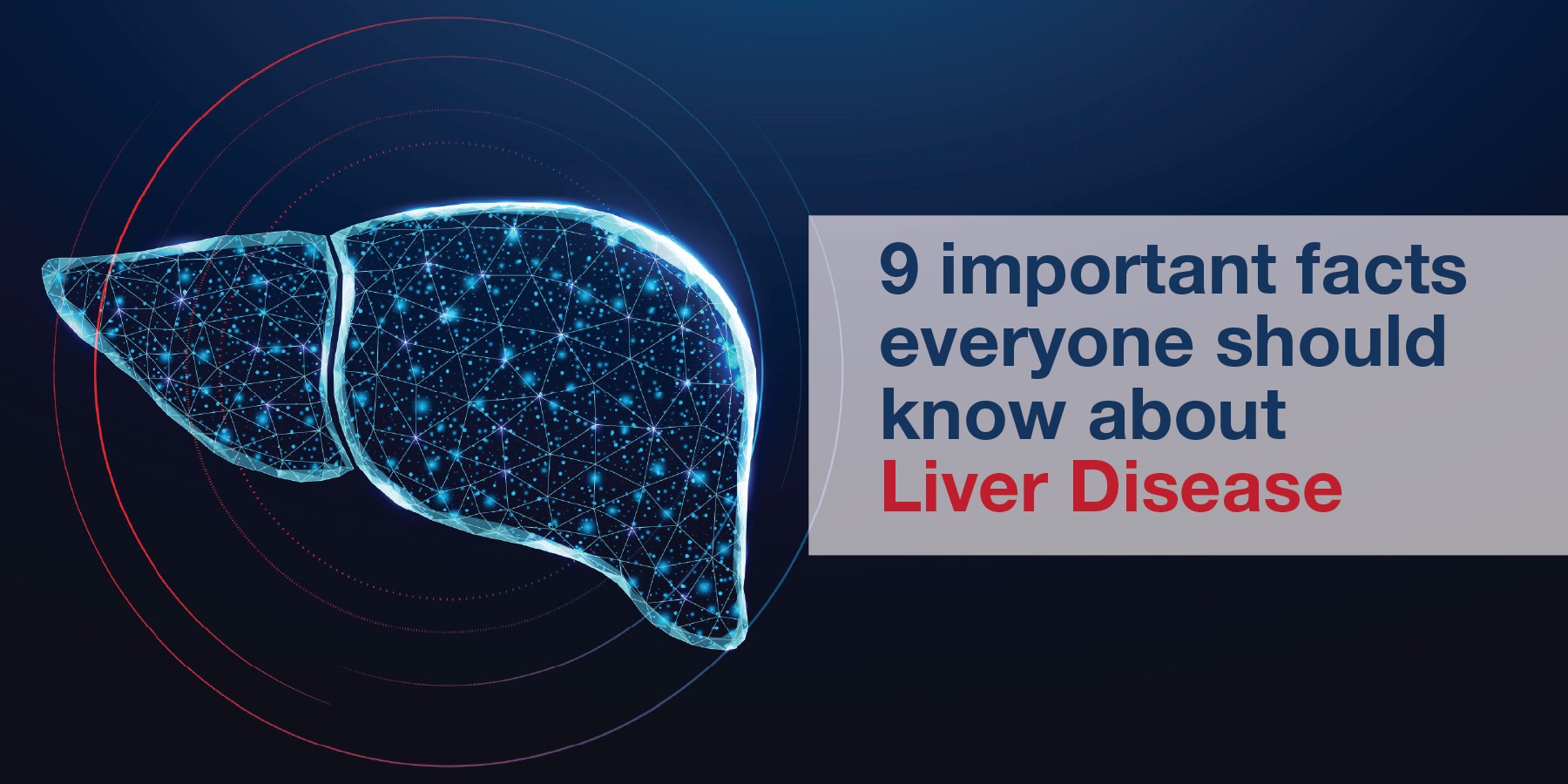What is Liver Diseases Centre?
Specialists offer patients complete, coordinated care at the KIMS Liver Clinic, including the diagnosis and treatment of all liver illnesses, as well as evaluation for liver transplantation and post-operative follow up. The Liver Care Hospital in Hyderabad Varies from place to place. So before getting the treatment you must be aware of the liver diseases and the Top Liver Diseases Hospital in Hyderabad. As the treatment may affect the treatment, you may visit KIMS hospital as KIMS hospital is the Best Hepatology Hospital in Hyderabad, Liver Care Hospital in Hyderabad
Cirrhosis and liver cancer risk factors include viral hepatitis B or C, fatty liver disease, autoimmune liver disease, and hemochromatosis. Our objectives are to prevent these problems from developing into more serious medical conditions by sluggishing, halting, and healing them. Liver disease specialists work directly with patients at the clinic to properly monitor and manage their condition.
To give patients the best care possible, the clinic staffs a large team of experts in hepatology, surgical oncology, medical oncology, and interventional radiology. Our sophisticated endoscopy unit and diagnostics team in gastroenterology correctly identify, stage, and monitor malignant and benign cancers. The liver clinic offers patients innovative and aggressive treatment options for both primary tumours and metastases. Radiotherapy and cutting-edge chemotherapies are frequently combined with intricate procedures of the liver, pancreas, and bile ducts performed by specialists. We have sophisticated GI imaging, endoscopic capabilities, and cutting-edge pain management methods at our disposal.the Liver Care Hospital in Hyderabad depends upon various factors. You must contact the doctor to know about the Best Hepatology Hospital in Hyderabad. But before knowing about the Top Liver Diseases Hospital in Hyderabad, you must contact the doctor about the treatment or visit KIMS hospital as KIMS is the Top Liver Diseases Hospital in Hyderabad.
Symptoms
1. Liver disorders showing both healthy and unhealthy livers
2. Liver problems
3. Open dialogue box in pop-up
The symptoms and signs of liver disease are typically not immediately apparent. If signs of liver disease do materialise, they may include:
4. Eyes, and skin that appears to be yellow (jaundice)
5. Abdomen-related bloating and discomfort
6. Legs and ankles with edema
7. Urine that is black and itchy
8. Stool with a light colour
9. Constant fatigue
10. Diarrhoea or nausea
11. Decreased appetite tendency to bruise easily
Prevention To stop liver illness:
Consume alcohol sparingly. That entails up to one drink per day for women and up to two drinks per day for males for healthy individuals. More than eight drinks per week for women and more than 15 drinks per week for males is considered heavy or high-risk drinking.
Avert dangerous activity. When having sex, use a condom. If you decide to get a tattoo or have your body pierced, be picky about the shop's cleanliness and safety. If you use illegal intravenous drugs, get treatment. If you inject drugs, don't share needles.
Obtain a vaccine. Consult your doctor about receiving the hepatitis A and hepatitis B vaccines if you have a higher risk of developing hepatitis or if you have already had the virus in any form.
Take drugs as directed. Only take prescription and over-the-counter medications as directed and only when necessary. Don't combine booze with prescription drugs. Consult your doctor before taking herbal supplements along with any prescription or over-the-counter drugs.r.
Do not come in contact with other people's blood or bodily fluids.. Accidental needle jabs and poor handling of blood or bodily fluids can transmit hepatitis viruses.
Maintain food safety. Before consuming food or preparing it, fully wash your hands. Use bottled water when visiting a developing nation, wash your hands frequently, and brush your teeth.
Be careful when using aerosol sprays. Wear a mask and use these materials in an area that is well-ventilated when applying paint, insecticides, fungicides, or other hazardous substances. Always adhere to the manufacturer's guidelines.
Keep your skin safe. Wear gloves, long sleeves, a hat, and a mask when using insecticides and other hazardous chemicals to prevent chemical absorption through your skin.
Keep a healthy weight. Non-alcoholic fatty liver disease can result from obesity.
FAQs
1. What are the three conditions that affect the liver?
i. There are many different types of liver problems, including those caused by medicines, poisons, or excessive alcohol consumption.
ii. Viral diseases that affect the liver include hepatitis A, B, and C. Examples include cirrhosis and fatty liver disease.
iii. Wilson disease and hemochromatosis are examples of inherited liver problems
2. How long until liver damage occurs?
Every person is uniquely different. Although it usually takes 20 to 30 years, complications can start to manifest after 5 to 10 years. Alcohol consumption seems to prevent end-stage liver disease in a large number of people. It is impossible to foresee this in advance.










